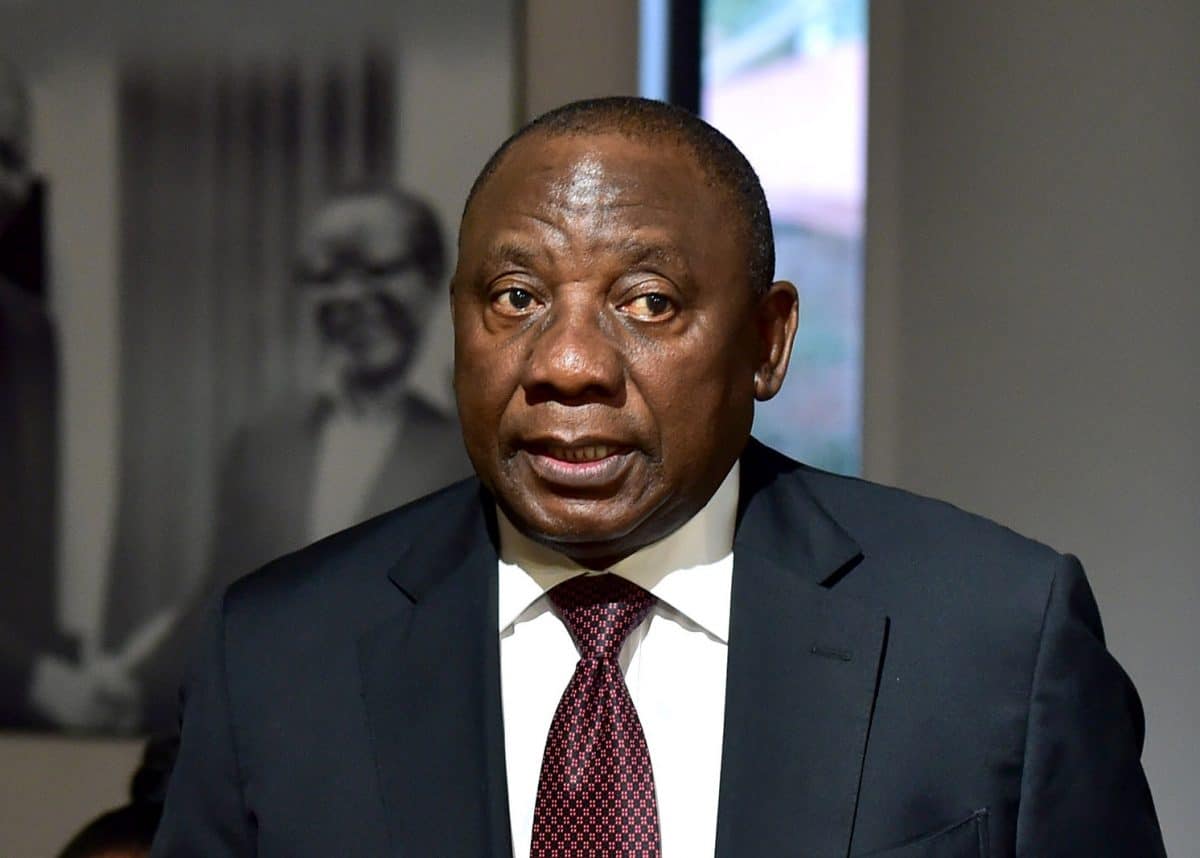SA citrus farmers are lobbying President Cyril Ramaphosa to take on the European Union (EU) over its stringent black spot regulations after the bloc claimed it had intercepted some imported fruit bearing the disease.
If the EU halts SA imports due to its restrictions on citrus black spot (CBS) disease, over 70 000 jobs and R15 billion in foreign earnings will be at risk, Citrus Growers’ Association of Southern Africa (CGA) special envoy for market access and EU matters Deon Joubert warned.
Joubert said there was a pattern of “erroneous” classifications by the EU, including in Belgium and Portugal, where “CBS tests have proven to be unreliable and have resulted in false positives”
“For instance, Portugal claims a CBS interception from amongst Western Cape fruit, while this province has been proven to be completely free of the pest. This type of action suggests an established agenda to block South African trade and the CGA is in the process of raising formal objections to these interceptions at an EU level.”
Joubert told News24 that no large amounts of SA citrus are currently stuck at European ports.
“We are more concerned about the future effect of these claimed interceptions, because a single interception can have enormous consequences.”
South Africa is the world’s second-largest citrus exporter after Spain, and the CGA claims that the EU’s restriction on the import of fruit bearing CBS are “nothing more than a protectionist impulse”. The EU is currently the only global market that has this position on CBS.
“Through their actions, they are blocking South African citrus to unfairly benefit their own members, specifically the Spanish citrus industry. The South African government is on record that the EU regulations on CBS is a trade restrictive measure and not a plant health issue.
“The CGA has requested President Ramaphosa to urgently intervene … It is critical that the South African government draws a line in the sand and calls for an official World Trade Organisation (WTO) dispute with the EU on their CBS regulations.”
When asked if the CGA was pursuing other methods beyond the objections, or possible government intervention at the WTO, Joubert said that they “have a valued relationship with government and we’re working with them and through official channels right now.”
SA’s battle with the EU over the disease, which is a cosmetic issue that leaves the fruit with black blemishes, dates back nearly a decade. The CGA said the Department of Trade, Industry and Competition, the Department of Agriculture, Land Reform and Rural Development and the Department of International Relations and Cooperation had worked over that time to combat the laws, but “unfortunately the EU has continued to enforce rules that are unscientific and irrational.”
Joubert said that the Bureau for Food and Agricultural Policy quantified the cost of SA’s CBS risk management for the EU market to be over R2 billion per year.
“This is completely beyond our industry’s financial ability. Our growers are already under pressure due to the electricity and logistics crises the country is currently experiencing and the major hike in input costs over the past two years.”- www.news24.com








